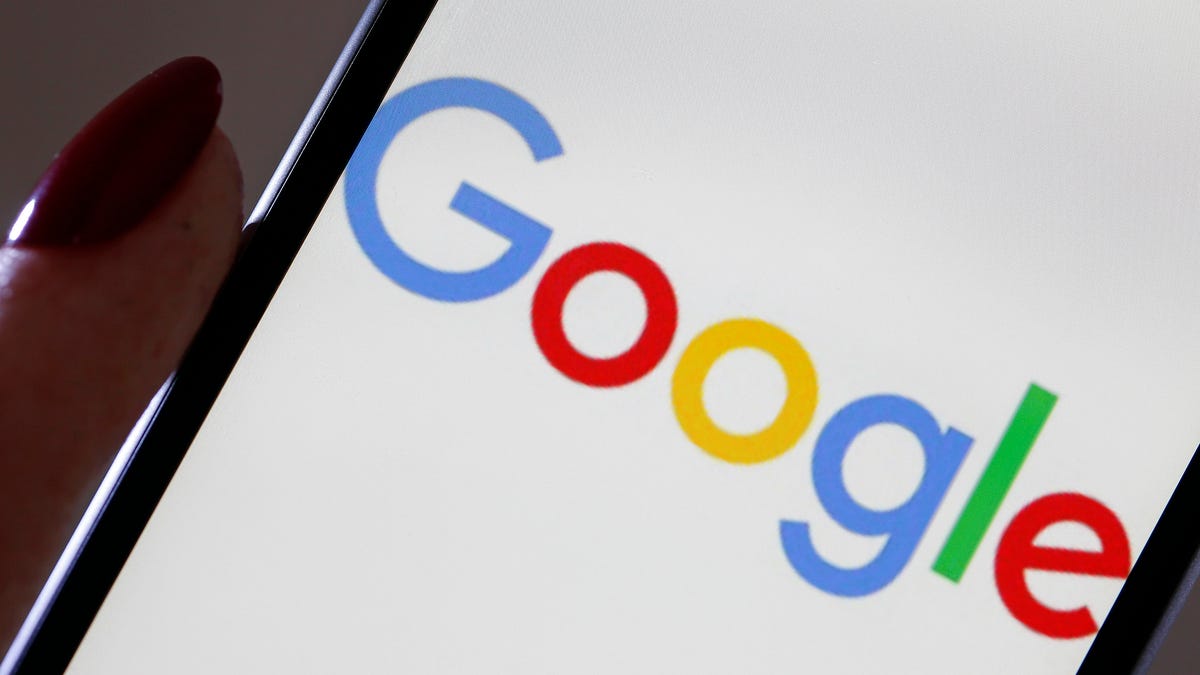Google looks to outside experts to guide work on controversial AI issues
The company is seeking input on issues like facial recognition and fairness in machine learning.

Google on Tuesday said it's established an external advisory council to guide its development of artificial intelligence.
The Advanced Technology External Advisory Council (ATEAC) will advise the company on topics like facial recognition and fairness in machine learning.
Last year in a blog post, Google CEO Sundar Pichai shared Google's AI Principles, a series of ethical guidelines on the development and use of AI. The ATEAC is designed to "complement the internal governance structure and processes that help us implement the principles," Kent Walker, Google's senior vice president of global affairs, said in a post. He also discussed the council's establishment at MIT Technology Review's EmTech Digital conference in San Francisco.
Members of the inaugural council include Alessandro Acquisti, a behavioral economist and privacy researcher; De Kai, a natural language processing researcher; and Dyan Gibbens, CEO of Trumbull, a startup that works in automation.
Those members will serve on the council through 2019, and will hold four meetings beginning next month. Google plans to publish a report summarizing those conversations.
"We hope this effort will inform both our own work and the broader technology sector," Walker wrote. "In addition to consulting with the experts on ATEAC, we'll continue to exchange ideas and gather feedback from partners and organizations around the world."

